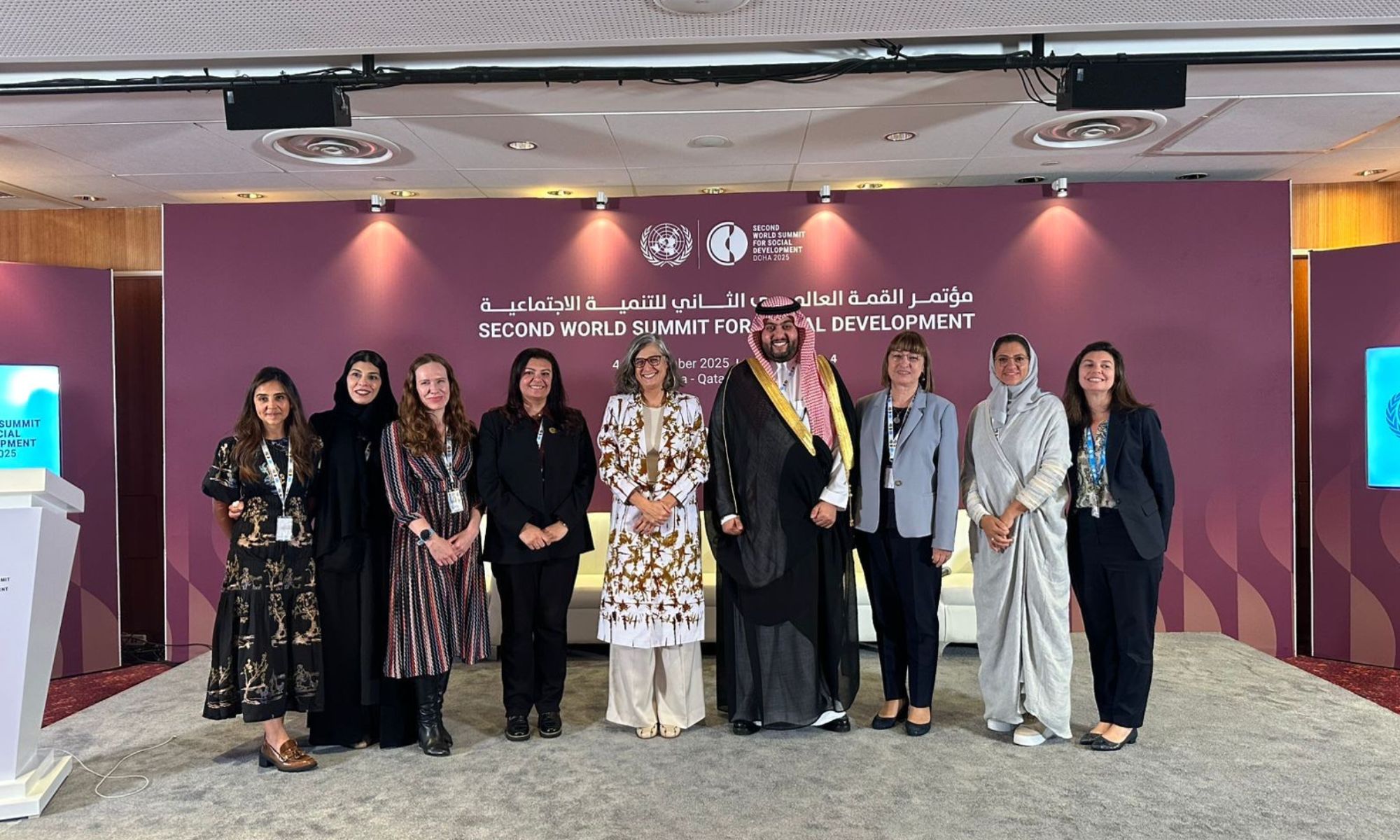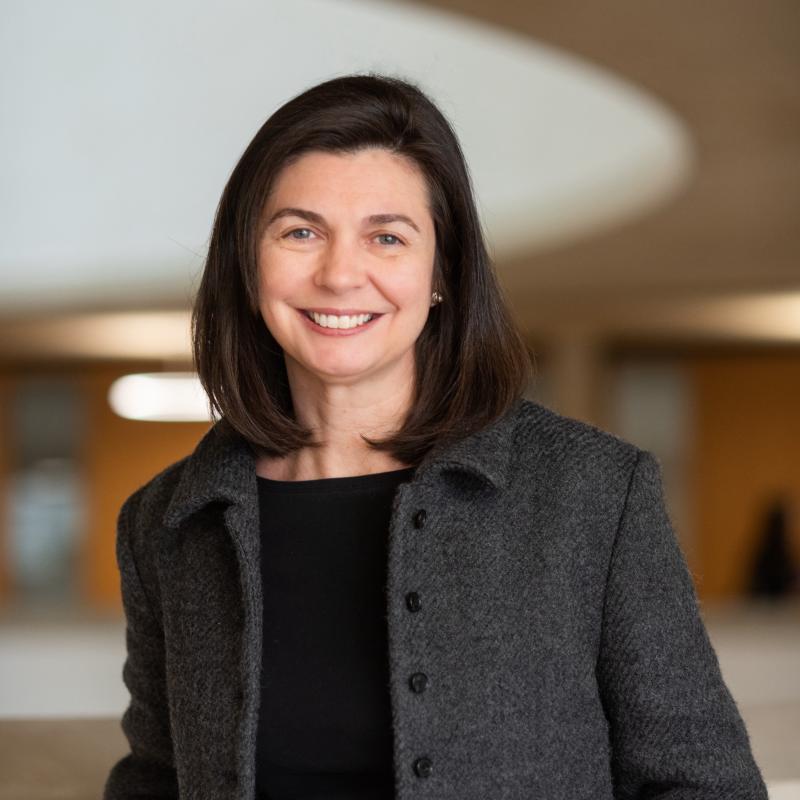Keeping dignity at the heart of global development
Flavia Galvani, Co-Director of the Master of Public Policy, reflects on the Second World Summit for Social Development in Doha and considers what its reaffirmed but limited commitments reveal about the state of global social progress.

I’ve just returned from the Second World Summit for Social Development, held in Doha from 4-6 November 2025.
It marked thirty years since the historic Copenhagen Summit, which first articulated the then-novel idea that economic development must serve human wellbeing and placed social development – with its three core pillars of poverty eradication, decent work for all, and social inclusion – firmly on the development agenda.
But the world that gathered in Doha was very different from that of Copenhagen. Only forty heads of state attended this year’s summit, compared with 117 in 1995 - a clear indication of the erosion of political commitment to social development. The Doha Political Declaration duly reaffirmed the importance of the Copenhagen commitments, but overall, there was a striking lack of any real ambition. A sign of the times, perhaps. The shrinking of international aid budgets and the dominance of other global priorities - from climate negotiations to security concerns - have pushed social development off the political radar.
This is a terrible time for apathy: around 700 million people still live in extreme poverty, and four billion lack access to any form of social protection - challenges that will only deepen as the world navigates demographic transitions, climate change, rapid technological shifts, and rising geopolitical and economic tensions.
Despite this, there was real energy in the hundreds of "solution sessions" running alongside the official programme, where practitioners and policymakers showcased important work on poverty eradication, social protection, gender, conflict, migration, ageing, among many others. I felt re-energised by all the work happening on the ground and by the shared sense of purpose that still exists among those who continue to push forward despite limited political leadership and tightening budgets. And it was certainly reassuring and inspiring to be in a place where "dignity" was the most frequently used word.
The Doha summit was not revolutionary; it was not ambitious. And yet, as the UN Secretary-General António Guterres said, it served as a "booster shot for development". Given the times we live in, simply reaffirming that human dignity must remain at the centre of development feels more necessary than ever - and perhaps, for now, that is all we can hope for.

